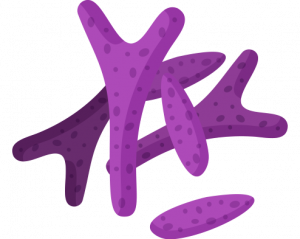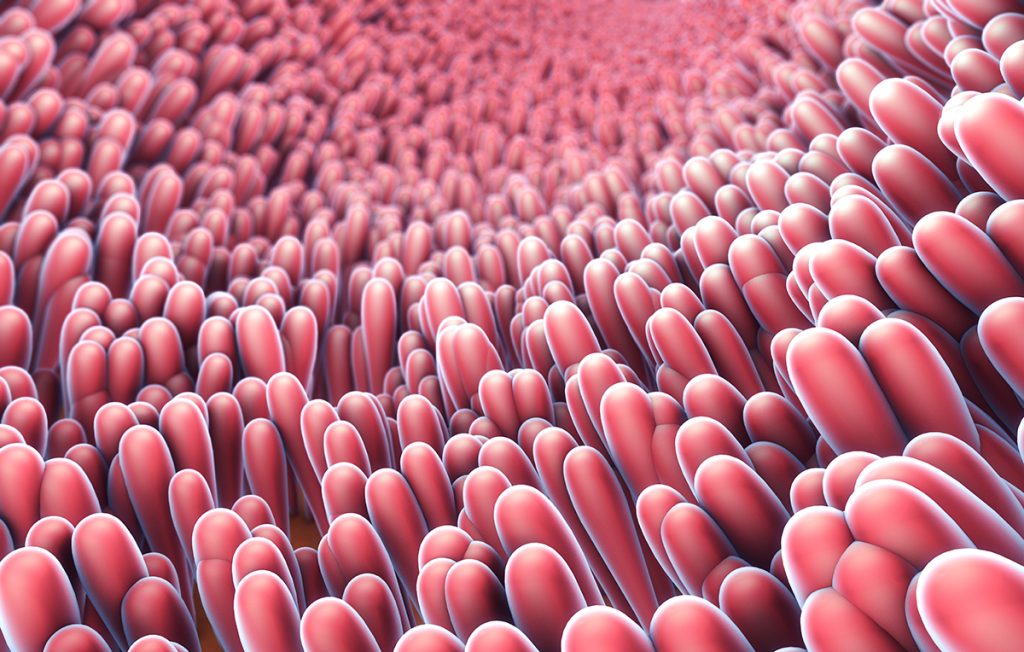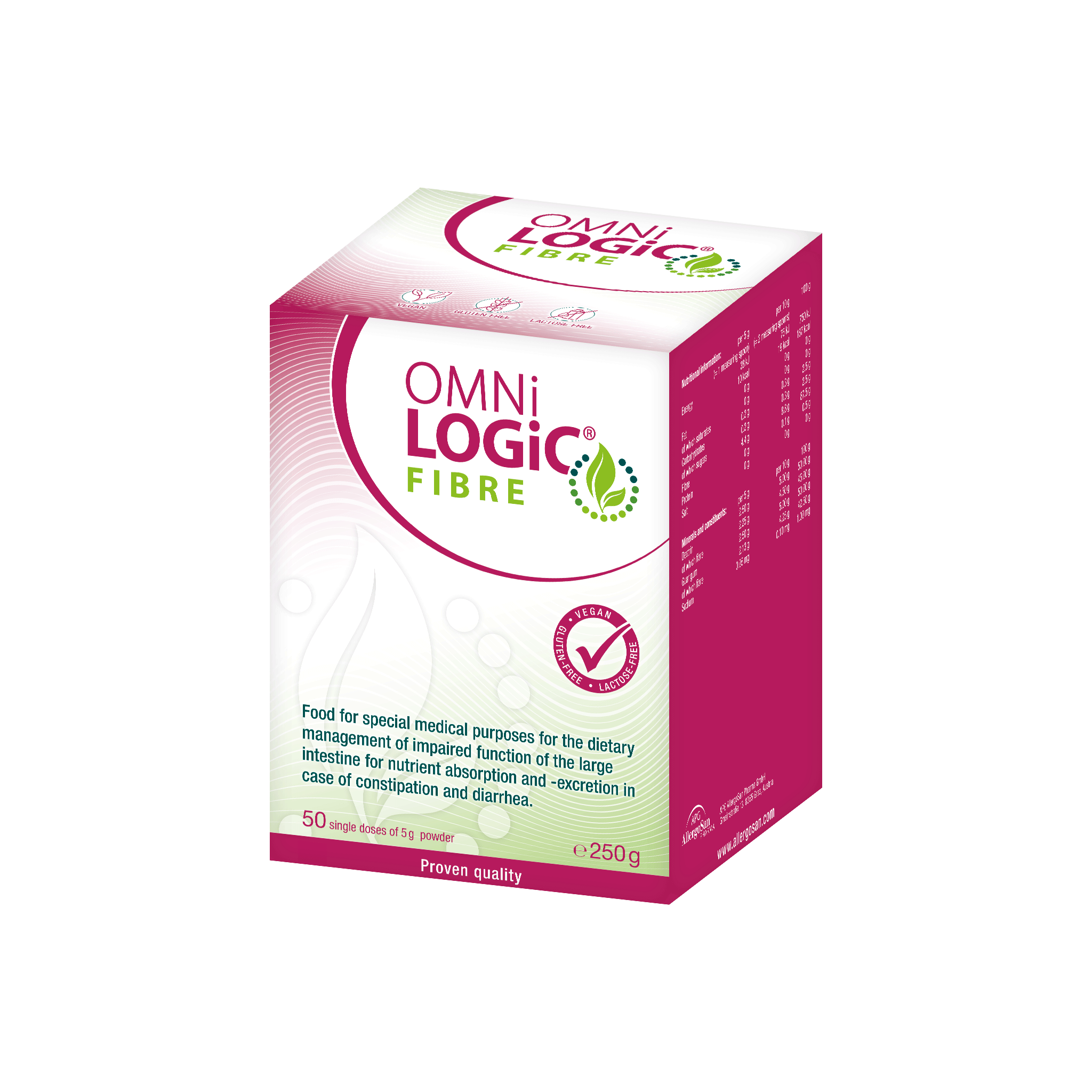Probiotics
The intestines, lungs, skin, brain, and reproductive organs may not appear to share many similarities. However, upon closer examination, it becomes evident that the minuscule bacteria that inhabit our bodies have a profound impact on every individual cell and function as a protective force in numerous aspects.
Contents
What are probiotics?
Probiotic bacteria are living microorganisms that bring health benefits to humans when they enter the intestine in sufficient quantities.
Only those that meet the following requirements are called probiotics:
- Proof of health-promoting effect
- Production of lactic acid and other substances with bacteriostatic or bacteriocidal effects
- Survival of the stomach passage and ability to multiply in the intestine
- Proof of genetic stability to exclude pathogenic mutations.
It is already known that an unbalanced intestinal flora plays a role in the development of various health conditions. In addition to a healthy, balanced diet, sufficient exercise and reduced stress levels, the use of medically relevant probiotics is recommended to restore the balance in the intestine. Through the supply of viable, probiotic intestinal bacteria, your “good” intestinal bacteria are reinforced.
Lactobacilli and bifidobacteria
The lactobacilli and bifidobacteria that occur naturally in our intestines are passed on to us from our mothers at birth. This takes place either during vaginal birth from the vaginal mucosa or via breast milk. In the intestine, monosaccharides and polysaccharides (so-called oligosaccharides) from breast milk or baby food are converted into lactic acid by probiotic bacteria, thus acidifying the intestine and making it more difficult for harmful bacteria to settle there. Lactobacilli also consume the oxygen that enters through the intestinal wall. This is important because most intestinal bacteria need an oxygen-free environment to fulfil their function. Bifidobacteria produce important short-chain fatty acids, which serve as a natural nutrient for other probiotic bacteria and as an energy supplier for the intestinal cells, thus strengthening the intestinal barrier. In addition, the release of the short-chain fatty acids lowers the pH value in the intestinal ecosystem and thus also suppresses the overgrowth of pathogenic germs.

Lactobacilli
Lactobacilli belong to the phylum Firmicutes; the term is derived from the Latin lactis (= milk). More than 50 known species produce lactic acid in the intestine and thus create an acidic environment that serves as protection against many harmful and disease-causing germs – this is why lactobacilli are also called lactic acid bacteria. Most lactic acid bacteria also produce other substances, such as hydrogen peroxide, which also serve to defend against pathogens.
VS

Bifidobacteria
Bifidobacteria belong to the Actinobacteria phylum; their name is derived from the Latin bifidus (= split, fork-shaped). These bacteria also protect us from unwanted intruders by producing lactic acid; in addition, they produce vital vitamins and enzymes. Bifidobacteria are particularly important for the early development of the immune system: In breastfed babies, the natural intestinal flora consists of about 90% bifidobacteria.
How do the bacteria survive the stomach acid?
As a matter of principle, a pre-selection is already made during the selection of the bacterial strains in order to use only those strains that are genetically resistant to gastric acid as well as bile and pancreatic secretions. Activation in the glass additionally strengthens them to tolerate gastric acid.
Effect of probiotics
There are a variety of different specific probiotic bacteria that cause detectable, positive effects in the human intestine: For example, some bacteria are used to treat diarrhoea (e.g. during antibiotic administration), while others help to reduce inflammation or produce vitamins. In scientific studies, specially developed, medically relevant probiotics led to the improvement of symptoms of irritable bowel syndrome, ulcerative colitis, or neurological and neurodegenerative diseases such as depression or Alzheimer’s disease.
Are freeze-dried bacteria perishable?
Freeze-dried bacteria have different shelf lives, specifically the storage temperature and the penetration of moisture are limiting factors. With regard to OMNi-BiOTiC® , we can say that these probiotic products can withstand temperatures of up to 40 degrees and are still usable even if the best-before date is 1 year ago – but with the restriction that fewer and fewer bacteria are actually viable over time.
What are prebiotics?
Unlike probiotics, prebiotics are not living organisms. They are dietary fibres, such as inulin or fructose oligosaccharides, which cannot be broken down and digested in the small intestine and thus reach the large intestine intact. There they serve as a substrate for the intestine’s own healthy bacteria. Prebiotics promote the growth of bifidobacteria and reduce the colonisation of potentially harmful bacterial species. Bacterial fermentation of prebiotics produces short-chain fatty acids, which are absorbed and metabolised in the liver and are thus available to the body as an energy source.
Prebiotics are, as already mentioned, dietary fibres that are the “food” for our little helpers in the gut. They are therefore also important for our intestinal health. You can find out what effect they have and what synbiotics are here!
How long should you take probiotics for?
To experience noticeable effects, it is recommended to take OMNi-BiOTiC® for at least 1 month. Of course, the duration of intake depends on the underlying problem. A general "rule of thumb" is: 1 month of OMNi-BiOTiC® for every year of complaints.In principle, all OMNi-BiOTiC® products are also suitable for permanent use.
Bowel movements: An indicator of gut health
Our lifestyle has a decisive influence on the intestinal flora – and so it is also evident on the toilet when stress, an unbalanced diet and medication influence the composition of the intestinal bacteria. Ideally, bowel movements follow a regular frequency, are well-formed (see illustration) and have an inconspicuous odour. In addition, your stool should not leave any “traces” in the toilet bowl: This is because normal stool is excreted coated in mucus produced by the cells of the intestinal mucosa – and these in turn are supplied with energy by the intestinal bacteria. So if a sheet of toilet paper is sufficient for you, then it means that your intestinal microcosm is functioning wonderfully.

The ideal bowel movement: Bristol Stool Scale
The Bristol Stool Scale provides an overview of the shape and texture of your poo to assess the duration of intestinal transit.
- Type 1: constipation;
- Type 7: diarrhoea
- Type 3-4: ideal shape and texture.
Although the vast majority of the bacteria of the intestinal flora are located in the large intestine, the inhabitants of the small intestine play an important a role too.
Leaky Gut Syndrome
Leaky gut syndrome is repeatedly associated with other diseases, one example being autoimmune diseases. Scientists have been investigating the role of leaky gut in the development of diseases and how it affects our microbiome for some time.
The term “leaky gut syndrome” refers to an increased permeability of the intestinal wall, which is an indispensable barrier between the host organism and its outside world. As a result, the mucus layer on the surface of the intestine changes and many bacteria simply die. Now special stress and inflammatory messengers are formed, which destroy the underlying intestinal cell layer.
















